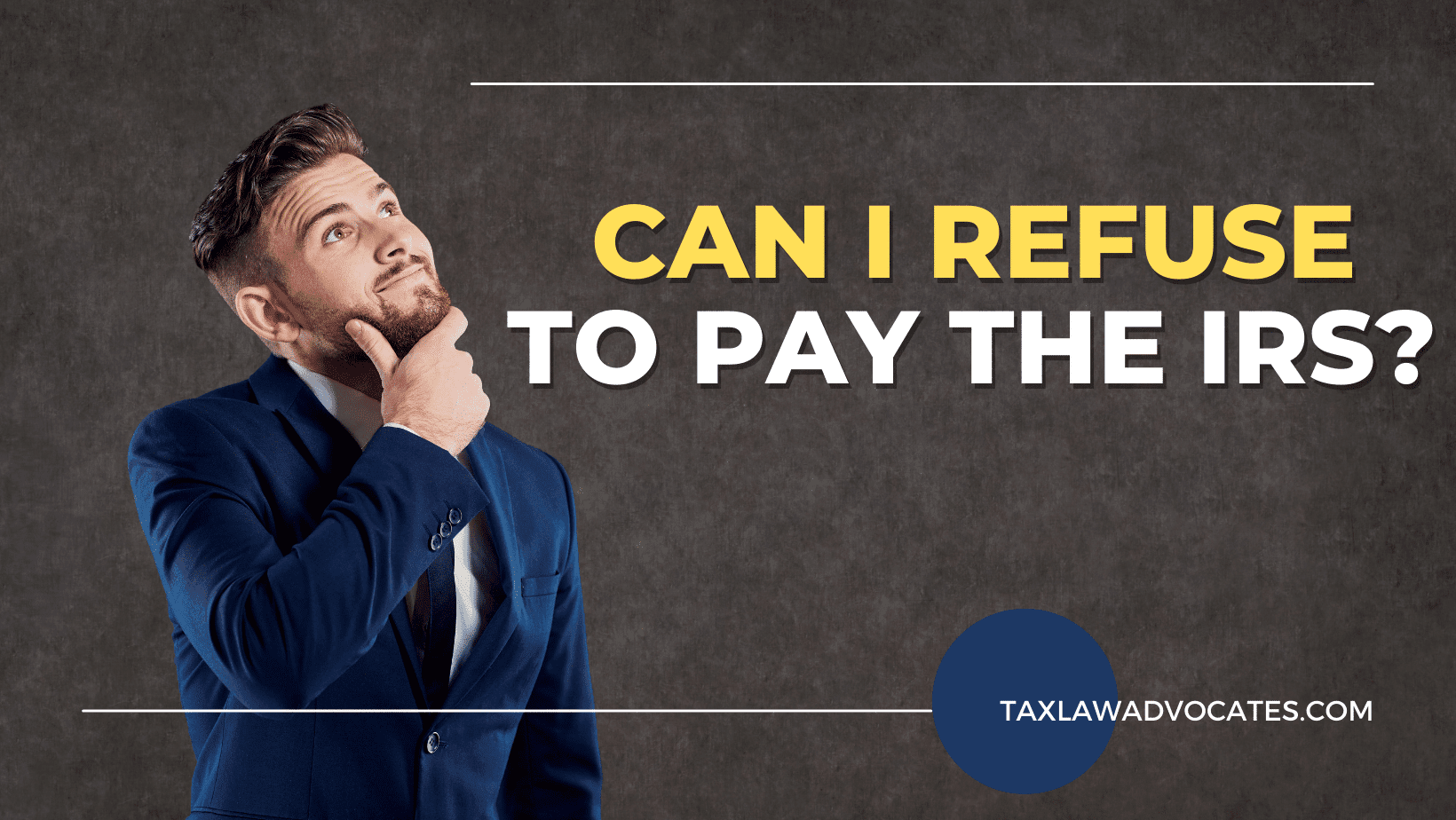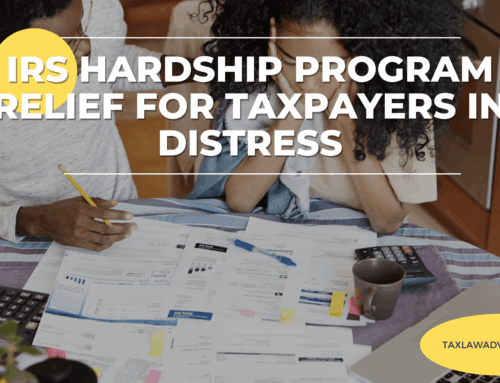It can be intimidating when you owe money to the IRS. Whether it’s from owing back taxes, not filing taxes on time, or simply not being able to pay your full tax bill each year, there are a few things you should know about what happens if you refuse to pay your tax debt.
Penalties and Interests for Unpaid Taxes
The penalties and interest for unpaid taxes are based on how long the debt remains unpaid. The longer you wait to pay your tax debt, the more it will cost in the long run. The IRS charges 5% of the outstanding balance as a late payment penalty and 0.5% per month as a late filing penalty (up to 25%). In addition, interest is compounded daily at a rate of 6-9%. So if you’re unable to pay your full tax bill this year, it’s important to contact the IRS right away so that they can help you come up with a solution that works for both parties.
Collection Actions by The IRS
If taxpayers cannot make arrangements with the IRS for repayment of their taxes, then the IRS may take collection action against them. This may include wage garnishment or levying bank accounts and other assets such as real estate or vehicles. The IRS also can file liens against a taxpayer’s property which will remain in effect until all debts are paid off in full.
Criminal Prosecution
Finally and perhaps most frighteningly, refusing to pay taxes can lead to criminal prosecution from federal authorities — although this is usually reserved only for extreme cases where taxpayers are willfully trying not comply with their obligations. This type of criminal activity can result in fines up to $100,000 and/or imprisonment for up to five years (or both!). Most people won’t ever face criminal prosecution for unpaid taxes; however, it is still important that taxpayers understand all potential consequences before deciding not to make an effort towards paying their debts.
Taxpayers Rights
Taxpayers have rights when dealing with the IRS and there are certain procedures that must be followed before any collection action is taken against them. If a taxpayer does receive notice from the IRS about an impending collection action, they have 30 days to appeal this decision or challenge it in some way. Taxpayers should also be aware of their right to hire a professional representative who can help navigate through their situation with the IRS and possibly negotiate an installment plan or offer in compromise agreement if necessary.
Avoid Penalties & Consequences
No one likes having tax debt but unfortunately sometimes it’s unavoidable. If you find yourself in this situation then it’s important that you understand what happens if you don’t pay your tax debt so that you can handle it accordingly and protect yourself from further financial consequences down the line. Be sure to contact the IRS right away if you know there is no way you can pay your full tax bill this year so that they can work with you on coming up with a resolution that is beneficial for both parties involved!






